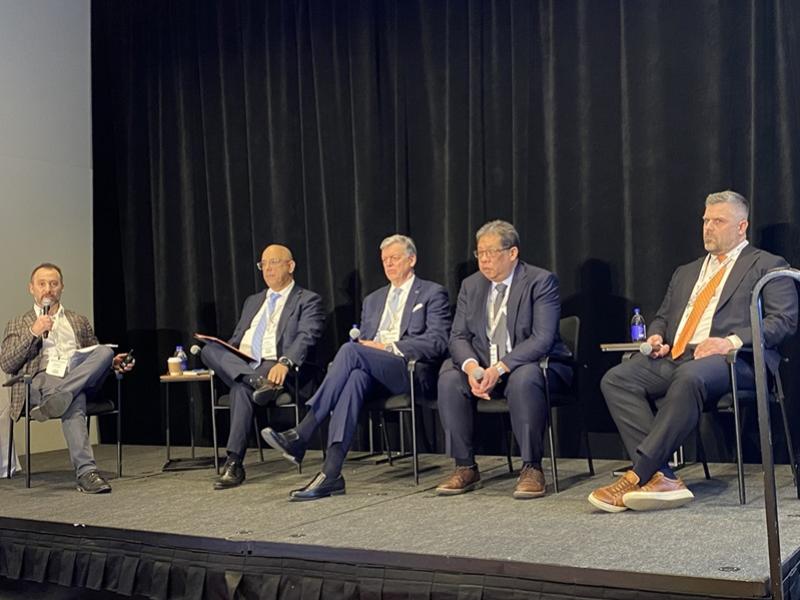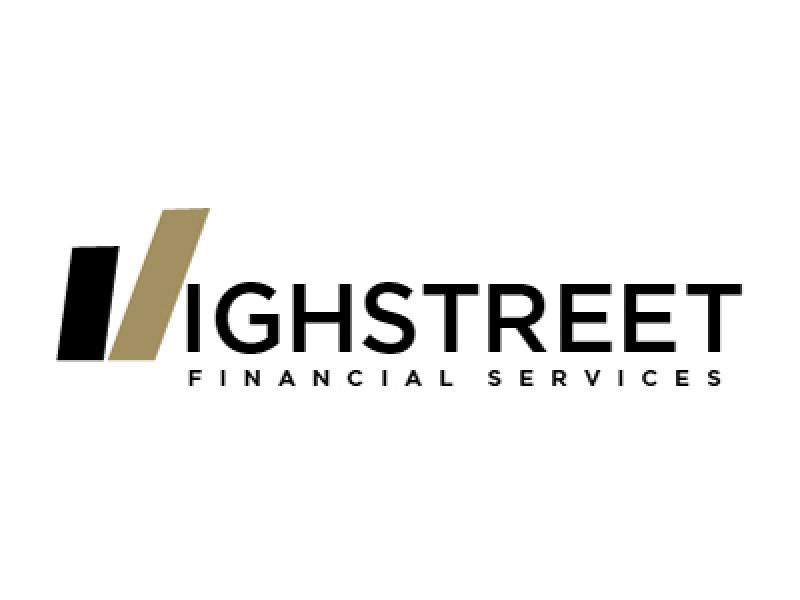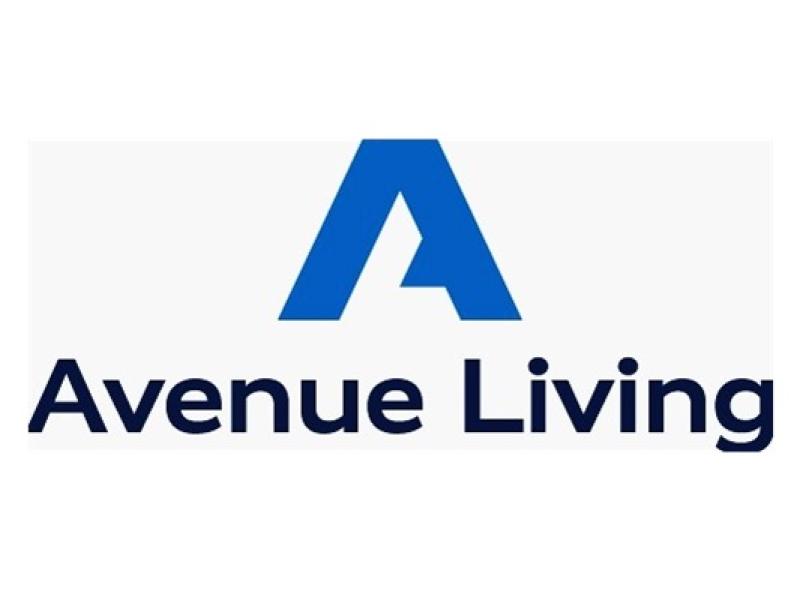As you may know, the CECRA Program ended on September 30, 2020 yet COVID 19 continues to affect tenants and landlords as well as charities and not-for-profits.
As a result, on October 9, 2020 the Government of Canada announced a new program – the Canada Emergency Rent Subsidy (CERS) program – to provide further assistance to businesses as well as charities and non-profits that continue to suffer revenue losses due to COVID 19.
While some key details of the CERS program are pending, the new program is intended to be more flexible and easier to access than CECRA. It will be administered by the Canada Revenue Agency.
The CERS works as follows:
1. When Does it Apply:
CERS applies from September 27, 2020 to June, 2021 for those who qualify. However the current amounts and thresholds announced only apply to December 19, 2020 and will be reassessed by the federal government in the interim.
2. Who Does it Apply To:
The CERS benefit in the form of a subsidy will be paid directly to qualifying tenants and property owners that suffer revenue losses based on a gradually decreasing scale that corresponds with the amount of revenue shortfall. Property owners will be able to use it to apply to commercial mortgage interest expense.
Tenants are not required to negotiate and enter into rent-reduction agreements with their landlord as was required under the CECRA program.
3. What is the Subsidy
Rent expenses (or commercial mortgage interest expenses) of qualifying will – until December 19, 2020 – be reimbursed, on a sliding scale, up to a maximum of 65 per cent of eligible fixed property or mortgage interest payments, with an additional 25 per cent subsidy provided to qualifying business/organizations which were required to close temporarily by “a mandatory public health order issued by a qualifying public health authority”.
As a result, it is possible that a qualifying business/organization could potentially have up to 90 per cent of their rent or mortgage interest payment subsidized. A revenue decline of 70 per cent or more will maximize the subsidy available, with a sliding scale to provide a smaller percentage of subsidy relief for organizations with a smaller decline.
Given the length of the program, changes to the program may be announced from time to time dependant on how the pandemic continues to affect business/organizations.
I will update as further details are provided.
Disclaimer: This article is for general information purposes only and not intended as or to be relied upon for legal advice. Consult with a lawyer for your unique situation.
*If there is a general real estate or leasing related question you would like to see addressed in a future article in “The Legal Corner”, please contact me directly by e-mail at dgold@robapp.com with your suggestion. Not all requests can be accommodated.







